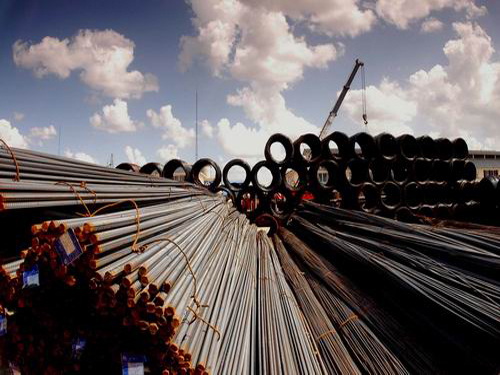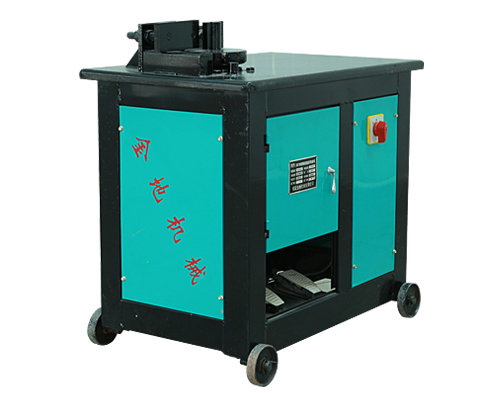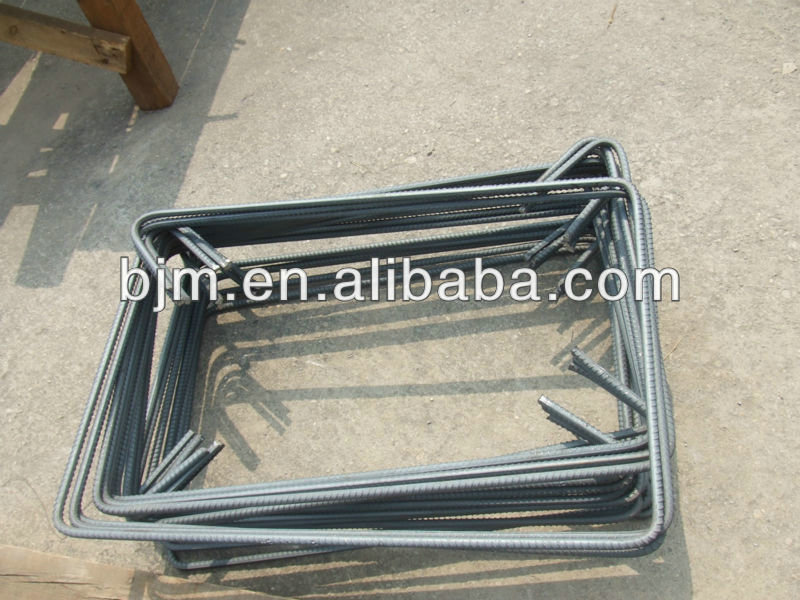
In recent days, the depreciation of the yen and the increase in the consumption tax have brought about a greater negative impact on the Japanese steel market. Japan's domestic steel demand is weak and steel prices are difficult to rise.
The Japan Iron and Steel Alliance stated that the sales of steel products mainly depend on the operation of the automotive industry. From the recent situation, the situation will continue to be severe. In addition, the official forecast data of Japan stated that in November this year, the demand for construction steel in Japan will decrease by 1.9% year-on-year, and the demand for profile will decrease by 10.3% year-on-year. Furthermore, Japanese steelmaker Tokyo Steel also lowered its steel delivery price in November by US$28/ton, indicating that the weakness in overseas markets and weak domestic demand are the main reasons for this price adjustment.
In the face of weak market conditions, Japanese steel companies are strengthening internal management on the one hand and improving efficiency to further reduce costs. On the other hand, the proportion of high-value-added products is being increased to increase corporate profits while also capturing and expanding overseas market share.
Internals of the company: Cost reduction, efficiency enhancement, and merger Nippon Steel & Sumitomo Gold took a series of measures to reduce costs and improve operational efficiency. Nippon Steel Sumitomo said in early October that its Ogura Electric Furnace Steel Works will use internal power resources for production. Previously, the electricity used by the Ogura Electric Furnace Steel Works was mostly supplied externally, resulting in higher electricity bills. In the future, Hupata Firepower Co., Ltd. (which uses power generated from the heat of the Nippon Steel & Sumitomo Corporation to generate electricity) will supply power to the Ogura Plant, which will help reduce costs. Nippon Steel & Sumitomo Co., Ltd. will sell the 149,000 kilowatts of thermal power business, which is operated by the retail electricity business, to Tosoh Joint Firepower Company this summer. At present, the company mainly supplies Nippon Steel & Sumitomo's various production plants and Kitakyushu City. Since Nippon Steel & Sutra held shares in the company, the electricity price was lower than the market price.
In addition, Nippon Steel Sumitomo said that it will take over the operation of the Kashima Plant's internal profile plant. The profile plant is currently operated by Nippon Steel & Sumikin Shapes, a wholly-owned subsidiary of Nippon Steel Sumitomo Corporation. It is understood that the move of Nippon Steel & Sumitomo Gold will improve the production and management efficiency of the business. Prior to the merger of Nippon Steel & Sumitomo Metal, both Nippon Steel and Sumitomo Metal Industries Co., Ltd. had a profile business and the factories were adjacent to each other. The consolidation of the profile business was a further integration.
JFE Group merged its processing plants. In early October, JFE Group announced that it will transfer the electric steel sheet processing center serving the western region of Japan, which is located in Fukuyama City, from that month on to the processing plant in Kurashiki City, thereby increasing production and management efficiency and reducing costs. It is reported that JFE Group has a slitting unit in the processing center of Fukuyama City, which cuts longitudinally the non-oriented electrical steel plates for automobiles and motors, and has a monthly processing capacity of about 1,000 tons. The factory in Kurashiki City has three slitting units to process oriented and non-oriented electrical steel plates with a monthly processing capacity of 30,000 tons. In addition, JFE Group also has electrical steel plate processing plants in Nagoya City and Chiba City. The Nagoya Plant mainly processes the electrical cores and a subsidiary company processes electrical steel plates for transformers.
In addition, Hitachi Metals, a Japanese special steel company, said in early October that it will merge and reorganize its subsidiaries in the tool steel for plastic molds, cutting and processing operations, and sales to increase business efficiency. From October 1st, the company incorporated its sales business into the tool steel sector and cut off processing operations into a branch directly subordinate to the company.
Overseas Markets: Tracking Demand, Active Cooperation, Expanding Shares In expanding overseas market share, Nippon Steel Sumitomo paid attention not only to changes in global market demand, but also strengthened investment cooperation in emerging economies.
Recently, Nippon Steel & Sumitomo CEO Shinto Hyogo stated at the International Steel Association Council in Moscow that it will fully grasp the global automotive, energy and infrastructure trends in steel demand in order to strengthen its competitiveness in the global market. , tracking overseas demand dynamics, and actively establishing local production and supply with local steel companies, and continuing to seek opportunities to expand market share. He further stated that Nippon Steel & Sumitomo Kimjin is actively participating in the construction and development of infrastructure projects in emerging economies, and that these plants have been put into operation smoothly to achieve maximum benefits. He also stated that as the majority shareholder of Usiminas, Brazil, relevant negotiations are underway to expand the shareholding. In terms of cooperation with Russia, Nippon Steel & Suginami is negotiating with relevant parties on the export of pipeline steel. Russia has a wealth of natural gas resources, and most of Japan’s energy needs to be imported. The geographical position of the two countries is similar. Under the recent situation in which European countries and the United States have increased their sanctions against Russia, Japan’s cooperation with Russia has been strengthened.
Kobe Steel opens technical cooperation with overseas markets. Kobe Steel and an Austrian steel company recently reached a technical cooperation agreement. According to the agreement, Kobe Steel will supply the original board according to the other party's technology, and the Austrian steel company will press this and supply its European automobile factory in China to replace the plate products imported from Europe to reduce costs. For Kobe Steel, this cooperation is conducive to expanding exports. It is reported that after the successful cooperation, Kobe Steel intends to provide on-site production and supply of Japanese automobile plants in China, thereby expanding overseas market share.
GF Series Rebar Stirrup Bending Machine include GF20 and GF20 CNC, GF25CNC, which can apply single phase motor and single phase motor to supply power.
Automatic Rebar Stirrup Bending Machine can bend round steel bar with diameter Φ4-Φ25mm to various geometrics shape as required by construction.
1.Standard angle, fast speed, angle variation freely. Convenient of angle adjustment, just need to shift induced magnet.
2.Convenient use, light and handy.


1 Phase Rebar Stirrup Bending Machine
1 Phase Rebar Stirrup Bending Machine,Bending Machine For Rebar,Ribbed Rebar Bending Machine,Rebar Round Bending Machine
BAODING JINDI MACHINERY CO., LTD , https://www.rebarconnector.com